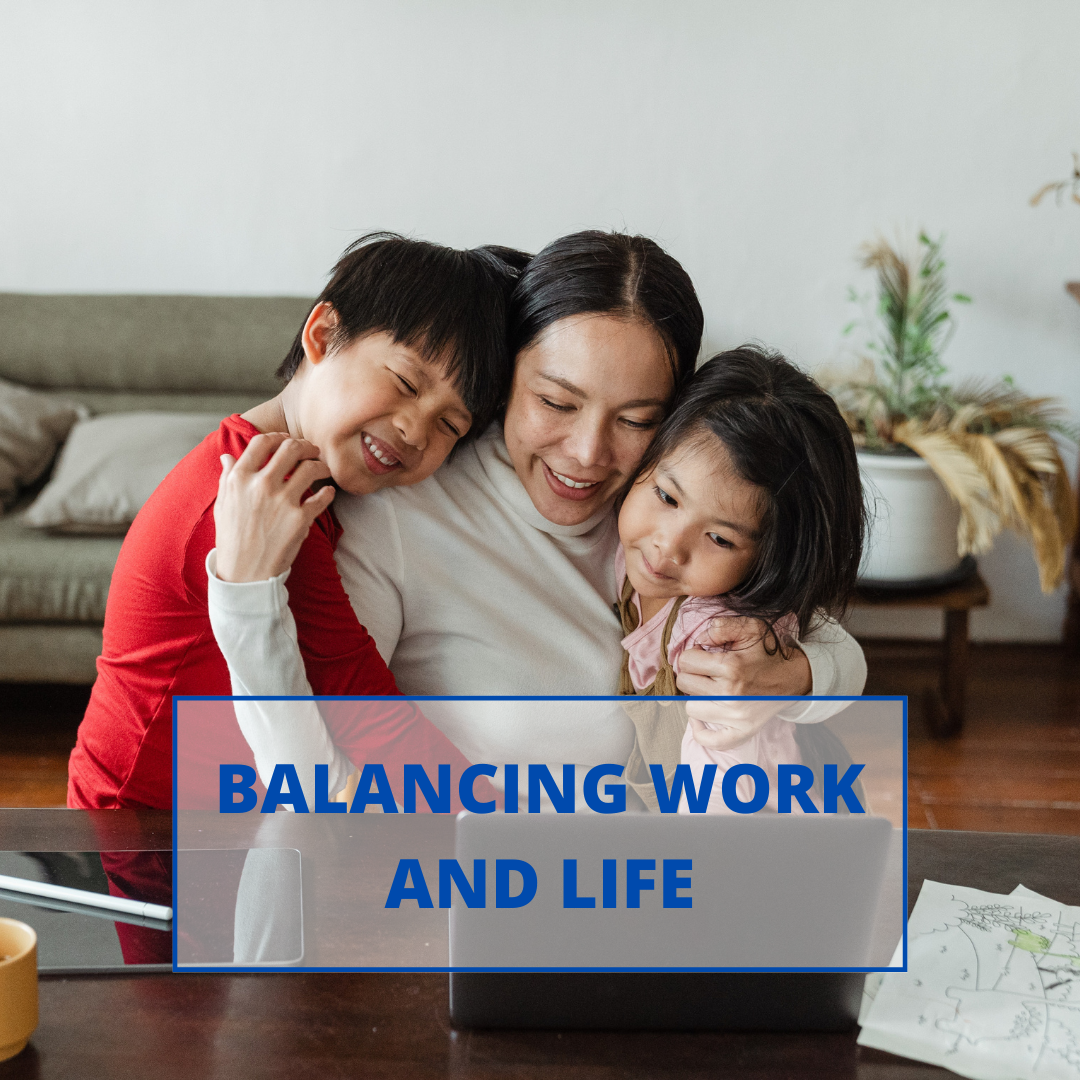What exactly is work-life balance, and why is it so crucial?
Work-life balance is a state of equilibrium in which an individual prioritises the demands of one's career and the demands of one's personal life equally. Some of the most common causes of a bad work-life balance are:
- Workplace responsibilities have grown;
- Working additional hours;
- Increased domestic duties;
- Childbearing.
Here are several tips for achieving a better work-life balance:
- Recognize that there is no such thing as a "right" work-life balance: When you hear the phrase "work-life balance," you probably envision having a really productive day at work and then leaving early to spend the rest of the day with friends and family. Although this seems to be the optimal situation, it is not always possible.
- Find a career that you enjoy: While work is a social expectation, your job should not be stifling. Simply put, if you despise what you do, you will not be satisfied. You don't have to enjoy every aspect of your career, but it should be interesting enough that you don't hate getting out of bed in the morning.
- Make your wellbeing a top priority: Your primary concern should be your overall physical, emotional, and mental health. If you suffer from anxiety or depression and believe counselling will help you, make time for it, even if it means leaving work early or skipping your evening spin class. If you have a chronic condition, do not be afraid to call in sick on bad days. Overworking yourself prevents you from improving and will force you to take more days off in the future.
- Don't be afraid to unplug your devices: Unplugging from the outside world helps us to heal from weekly stress and creates room for new thoughts and ideas to emerge.
- Take a break: Often actually unplugging entails taking a break and turning off all work for a period of time. If your holiday is a one-day staycation or a two-week trip to Bali, taking time off to physically and mentally refresh is important.
- Make time for yourself and your family: Although your work is important, it should not take up all of your time. You were a person before taking this job, and you can prioritise the activities or hobbies that bring you joy.
- Determine your objectives and priorities (and stick to them): Take note of when you are most productive at work and reserve the time for your most critical work-related activities. Avoid checking your emails and phone every few minutes, as these are big time-wasters that derail your focus and productivity. Organizing your day will help you be more productive at work, which means you'll have more free time to relax outside of work.
- Establish boundaries and work hours: To prevent burnout, set limits for yourself and your colleagues. Avoid thinking about new assignments or responding to business emails as you leave the workplace. Consider using a different device or phone for work so that you can switch it off when you leave. If that isn't practical, use different browsers, addresses, or filters for work and personal channels.
It can be difficult to balance your professional and personal lives, but it is important. Many that are good at balancing their lives always point to their flexible work schedules. Please contact Persona Finance at [enquiries@personafinance.co.uk] for accounting and business advice.



